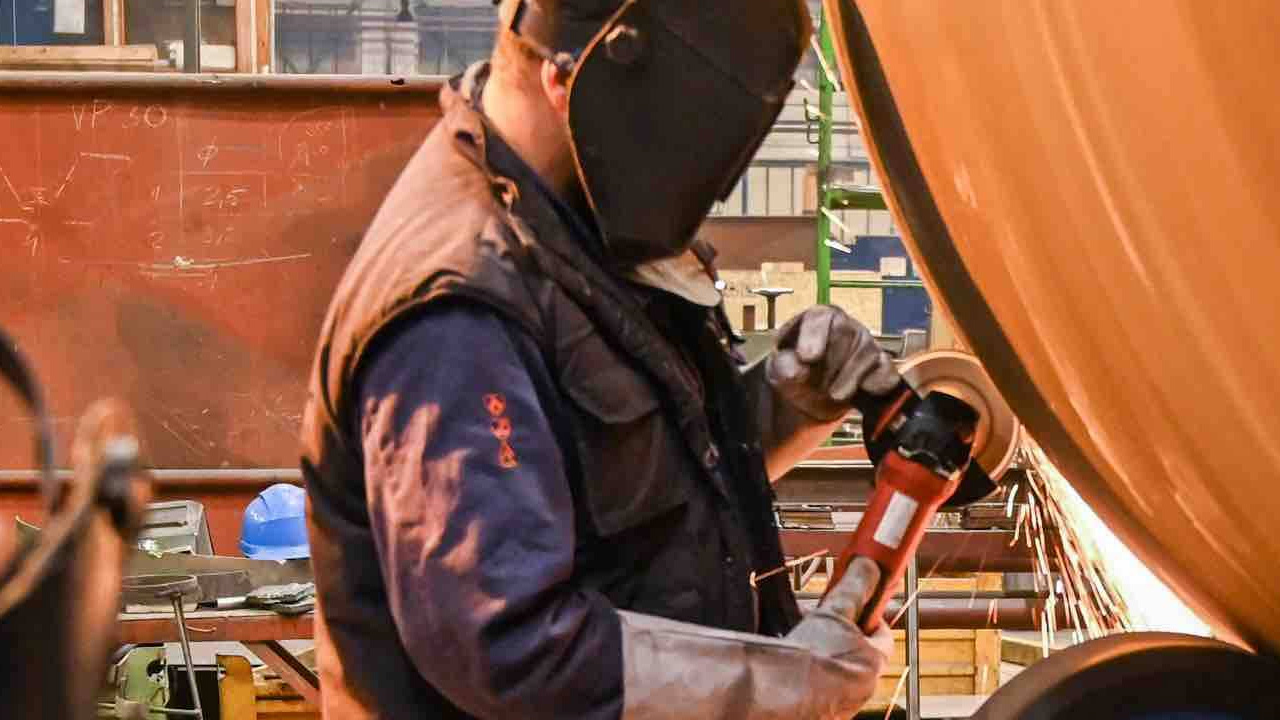Investment in Turkey attracts both local and foreign investors to eight main sectors in the country:
- real estate investment.
- .industrial investment
- commercial investment.
- educational investment.
- tourism investment.
- healthcare investment.
- agricultural investment.
- investment in animal production
However, real estate and industrial investors dominate the scene in Turkey due to their attractive advantages for business leaders in Turkey and worldwide.
Real Estate Investment in Turkey:
It involves trading Turkish properties through buying, selling, and leasing.
Foreigners are allowed to invest in various types of properties in Turkey, including residential.
commercial, hotel, and tourist properties. The Turkish law permits this, and real estate investment can be short, medium, or long-term.

Advantages of Real Estate Investment in Turkey:
- Capital preservation and growth
- Property prices in Turkey either remain stable or increase with the investment value of the area
- Low and almost negligible risk percentages in real estate investment
- Real estate investment doesn’t require a large budget; properties can be purchased for as low as $100,000
- Government support with tax reductions, exemptions, property residence permits, and Turkish citizenship under specific conditions
- Strong construction companies, global-level projects, diverse services
Disadvantages of Real Estate Investment in Turkey:
- Long-term investment requiring several years for returns
- Waiting period for properties under construction
- Construction delays and the risk of bankruptcy if investing in projects by weak and unknown construction companies
- Individual property ownership without collaboration with a real estate company may lead to investor losses
Industrial Investment in Turkey:
Turkey is known as a major industrial country, producing hundreds of agricultural, industrial, textile, and food products.
Industrial investment in Turkey provides high-profit returns and various benefits for investors.
Advantages of Industrial Investment in Turkey:
- Easy availability of raw materials and direct initiation of the production process
- Government facilities for foreign industrialists, simplifying licensing procedures and accelerating factory opening and production start
- Availability of a diverse workforce with varying levels of expertise
- Significant and rapid profits within a short timeframe
- Continuous domestic demand for products, covering the Turkish market and potential export opportunities
Disadvantages of Industrial Investment in Turkey:
- Requires a substantial budget, potentially reaching millions of dollars
- Very high risk percentages, capital may be prolonged due to marketing challenges and high production costs
- Need for local or imported machinery and production lines with high costs, in addition to periodic and constant maintenance expenses
- Necessity of managing dozens or hundreds of workers, along with associated monthly expenses

Which is better: Real Estate Investment or Industrial Investment?
- Considering the advantages and disadvantages of each investment separately, real estate investment.
- appears to be a safer and low-risk option compared to industrial investment.
- Real estate investment is described by some business.
- leaders as the type of investment that generates profits while one sleeps. The decision ultimately rests on your preferences and risk tolerance.
 العربية
العربية


